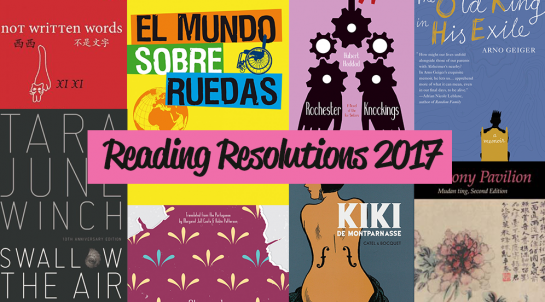The days are opening wide this season, like the pages of a new book: for most of us growing longer and fuller. It’s a good thing, because we’ve got a lot to catch you up on. This week, we’re bringing a full dosage of global literature news with achievements from Hong Kong, rolling publications by Czech talent, and literary commemorations gliding through the literal end of an era in Japan.
Jacqueline Leung, Editor-at-Large, reporting from Hong Kong
This spring has been a series of firsts for Hong Kong literature. Continuing from my previous dispatch in March on Xi Xi winning the Newman Prize for Chinese literature, historically awarded to writers from mainland China and Taiwan, World Literature Today is dedicating its first annual city issue to writing from Hong Kong. Sourcing contributions from writers, translators, and academics at the forefront of Hong Kong literature, the issue includes poetry, essays, and creative nonfiction with a focus on food and languages as well as a selection of recommended reading about the city. Xi Xi and Bei Dao are among the list of writers featured in the magazine, as is Wawa—recently showcased in Asymptote’s Winter 2019 issue in an interview with Poupeh Missaghi, our editor-at-large in Iran—and Chris Song, one of the winners of the Fifth Hai Zi Poetry Prize which announced its results a few weeks prior.
To celebrate the launch of the issue, Cha, Hong Kong’s resident online literary journal, is organizing an event on April 27 at Bleak House Books, where eight contributors will be reciting and discussing their works. Tammy Lai-Ming Ho, founding co-editor of Cha and the guest editor of World Literature Today’s Hong Kong feature, will also speak about the conception of the special edition.





